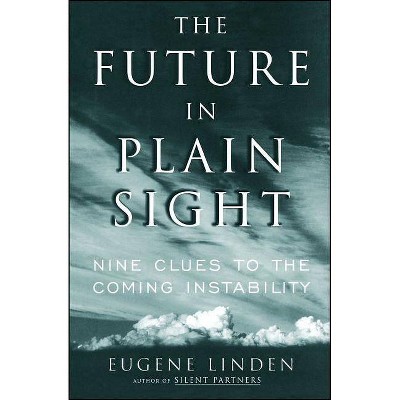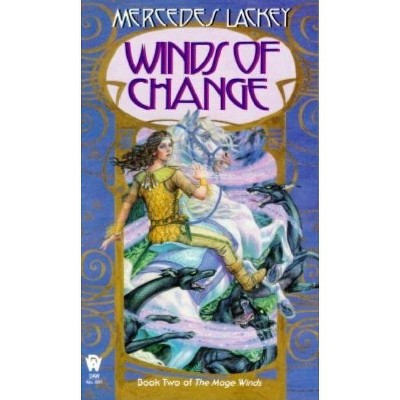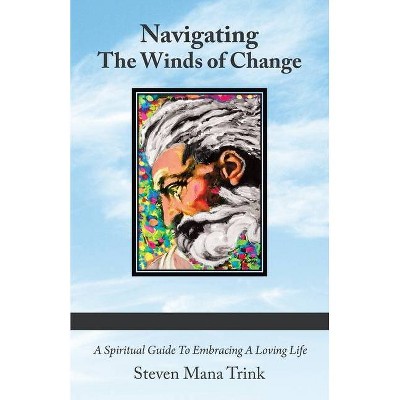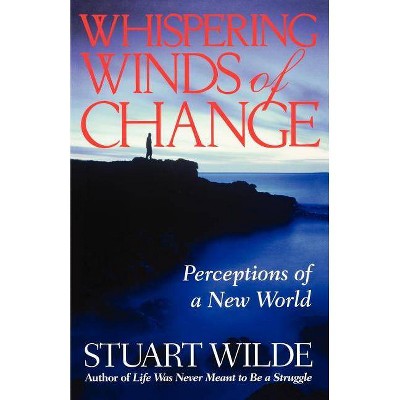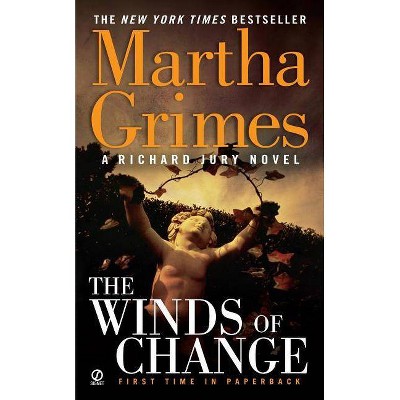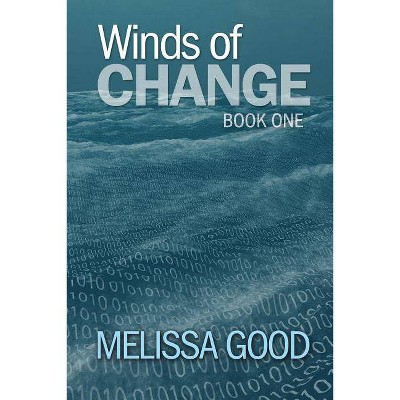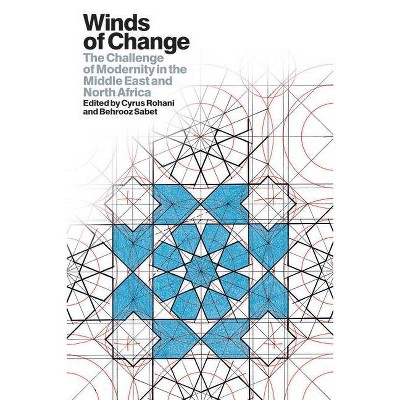The Winds of Change - by Eugene Linden (Paperback)
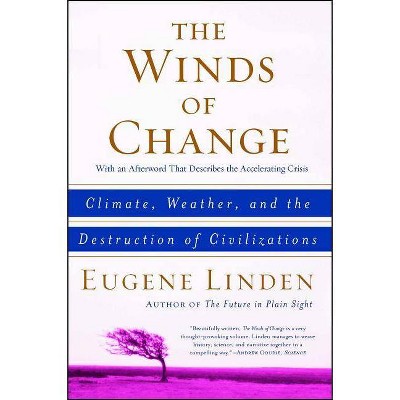
Similar Products
Products of same category from the store
AllProduct info
<p/><br></br><p><b> About the Book </b></p></br></br>Are we better prepared than our ancestors were to deal with climate change? Explaining fast-changing science, Linden suggests that man must learn from the past to avoid a coming catastrophe. Illustrations throughout.<p/><br></br><p><b> Book Synopsis </b></p></br></br><i>The Winds of Change</i> places the horrifying carnage unleashed on New Orleans, Mississippi, and Alabama by Hurricane Katrina in context. <p/> Climate has been humanity's constant, if moody, companion. At times benefactor or tormentor, climate nurtured the first stirrings of civilization and then repeatedly visited ruin on empires and peoples. Eugene Linden reveals a recurring pattern in which civilizations become prosperous and complacent during good weather, only to collapse when climate changes -- either through its direct effects, such as floods or drought, or indirect consequences, such as disease, blight, and civil disorder. <p/> The science of climate change is still young, and the interactions of climate with other historical forces are much debated, but the evidence mounts that climate loomed over the fate of societies from arctic Greenland to the Fertile Crescent and from the lost cities of the Mayans in Central America to the rain forests of Central Africa. Taking into account the uncertainties in both science and the historical record, Linden explores the evidence indicating that climate has been a serial killer of civilizations. <i>The Winds of Change</i> looks at the present and then to the future to determine whether the accused killer is on the prowl, and what it will do in the future. <p/> The tragedy of New Orleans is but the latest instance in which a region prepared for weather disasters experienced in the past finds itself helpless when nature ups the ante. In the closing chapters, Linden explores why warnings about the dangers of climate change have gone unheeded and what is happening with climate today, and he offers perhaps the most explicit look yet at what a haywire climate might do to us. He shows how even a society prepared to absorb such threshold-crossing events as Katrina, the killer heat wave in Europe in 2003, or the floods in the American Midwest in the 1990s can spiral into precipitous decline should such events intensify and become more frequent. <p/> <i>The Winds of Change</i> places climate change, global warming, and the resulting instability in historical context and sounds an urgent warning for the future.<p/><br></br><p><b> Review Quotes </b></p></br></br><br><i>The Winds of Change</i> is fascinating -- a tour de force. Linden has accumulated a greater comprehension of paleoclimatic and oceanographic issues than all but a very few scientists. I have nothing but admiration for this book, which is just what we need right now.<br> -- George Woodwell, founder of the Woods Hole Research Center<br><br>Beautifully written, <i>The Winds of Change</i> is a very thought-provoking volume. Linden manages to weave history, science, and narrative together in a compelling way.<br> -- Andrew Goudie, <i>Science</i><br><br>For a quick window into how easily Mother Nature can wipe us off the mat for being too lazy to alter our habits, there is no book quite so relevant as Eugene Linden's <i>The Winds of Change.</i><br> -- John Freeman, <i>Newsday</i><br><br>Linden is measured and takes a penetrating historical view.... Its scope and seriousness are impressive.... Its links between areas of study are very valuable.<br> -- Janet Maslin, <i>The New York Times</i><br><br>Linden uses in-depth research and expert opinion, rather than scaremongering and exclamation marks, to make his point.... He expertly and succinctly describes the natural cycles that control climate and the many ways they interact. He has a great knack for metaphor.<br> -- David S. Reay, <i>Nature</i><br><br>Must read...gripping.<br> -- Meryl Streep, <i>The Green Guide</i><br><br>Readers who wish to understand the reality of global warming and climate change should read Linden.<br> -- Carl M. Bender, <i>St. Louis Post-Dispatch</i><br><br>Should be required reading for policy makers across the globe.<br> -- Doug Macdougall, <i>The Chronicle of Higher Education</i><br>
Price History
Cheapest price in the interval: 14.99 on November 8, 2021
Most expensive price in the interval: 14.99 on December 20, 2021
Price Archive shows prices from various stores, lets you see history and find the cheapest. There is no actual sale on the website. For all support, inquiry and suggestion messages communication@pricearchive.us
